Tacrolimus Test
57+ booked in last 3 daysTacrolimus Test Overview
Tacrolimus is an immunosuppressant drug used in patients undergoing organ transplants. If given in correct dosage reduces the chances of organ rejection. Tacrolimus test measures the level of tacrolimus drug in blood and thus helps in establishing the correct dosage required for that particular patient and monitoring for potential side effects. It is usually ordered by a physician.
Written by: Dr. Shibani R, Medical Writer, Medical Affairs
Tacrolimus Test Price
Metropolis Healthcare is a leading diagnostics centre and pathology lab in India equipped with the latest state-of-the-art technologies that provides the Tacrolimus Test with a clear pricing structure.
The Tacrolimus Test Price in Mumbai is ₹ 4,700 .
We are committed to deliver accurate and quality results from the best labs in India with complete transparency regarding test cost and turnaround time. No matter where you are, we strive to offer patients high-quality service that is affordable and accessible.
Frequently Asked Questions
Tacrolimus test is done:
- In cases of organ transplant when starting the drug tacrolimus.
- To establish an optimum dosage of tacrolimus required in the patient to prevent organ rejection.
- A tacrolimus blood test is ordered by a physician to ensure that the patient is receiving an appropriate dosage of the medication and to monitor for potential side effects.
- It is done to evaluate the level of tacrolimus in the blood, to make sure that the level is therapeutic and not toxic.
The Tacrolimus blood test measures the level of tacrolimus, an immunosuppressive drug, in the patient's blood.
The blood sample is taken from a vein in your arm, using a small needle. After the needle is inserted, a small amount of blood will be collected into a test tube or vial. You may feel a little sting when the needle goes in or out. This usually takes less than five minutes.
Low levels indicate that the drug dosage has not reached the optimum level required to show results. This may increase the risk of organ rejection post-transplant. It means that the drug dosage needs to be stepped up.
High levels indicate that the levels have now crossed the required level and may now cause adverse effects and organ damage. The dosage then needs to be tapered.
Tacrolimus is an immunosuppressive drug used to prevent the rejection of transplanted organs. It is most commonly used after a kidney, liver, or heart transplant. Tacrolimus works by suppressing the activity of the immune system, which helps to reduce the risk of the body rejecting the transplanted organ. It does this by binding to a specific protein (FKBP-12) and inhibiting the activity of a protein called calcineurin, which plays a crucial role in the activation of the immune system. Tacrolimus is usually taken as a capsule or as a liquid. It is used in combination with other immunosuppressive medications.
No specific preparations are required for a Tacrolimus blood test, but it is important to inform your healthcare provider about any medications you are currently taking as they can affect the results of the test. Follow any guidelines required by the lab or the healthcare provider.
The therapeutic range for tacrolimus is usually between 5-15 ng/mL. However, it is important to note that the optimal target level of tacrolimus may vary depending on the methodology, individual patient and the type of transplant they have received.
Tacrolimus can cause side effects such as diarrhoea, vomiting, nausea, headache, dizziness, stomach pain, heartburn, joint or back pain, etc. Severe side effects include shortness of breath, hives, itching, decreased urination, fast heartbeat, seizures, unusual bleeding or bruising, etc.
Organ transplantation is a surgical procedure in which a damaged organ in a patient is surgically removed and replaced with a healthy organ from a donor.
- A tacrolimus blood test is ordered by a physician treating a patient who has received a transplanted organ, such as a kidney, liver, or heart.
- This test is done for patients who are on tacrolimus therapy as part of their post-transplant care regimen, to monitor the level of the drug in their blood.
- Patients who have undergone organ transplantation should have regular blood tests to monitor their tacrolimus levels, as well as other immunosuppressive drugs, as part of their post-transplant care regimen.
Some common tests that may be ordered along with a tacrolimus level test include:
- Complete blood count (CBC): to check for anaemia, infection, and other blood-related issues.
- Creatinine and blood urea nitrogen (BUN) tests: to check the function of the transplanted kidney and monitor for signs of kidney damage.
- Liver function tests (LFTs): to check the function of the transplanted liver and monitor for signs of liver damage.
- Electrolyte levels: to check for imbalances in minerals such as potassium, sodium, and calcium
- Urinalysis: to check for signs of infection and monitor kidney function.
- Chest X-ray and/or CT scan: to check for signs of infection, rejection, or other issues with the transplanted organ.
- Pneumonia, tuberculosis, and cytomegalovirus (CMV) test: to check for signs of infection or other issues with the transplanted organ.
- Blood glucose test: to check for diabetes, as tacrolimus may cause hyperglycemia.
- Therapeutic drug monitoring (TDM) test
- Tacrolimus level test
Ratings & Reviews (0)
Why Metropolis?
Metropolis has a team of 200 senior pathologists and over 2000 technicians delivering diagnostic solutions in the areas of routine, semi specialty and super specialty domains like Oncology, Neurology, Gynaecology, Nephrology and many more.
We offer a comprehensive range of 4000+ clinical laboratory tests and profiles, which are used for prediction, early detection, diagnostic screening, confirmation and/or monitoring of the disease.
 Home Visit
Home Visit Upload
Upload




.png)



























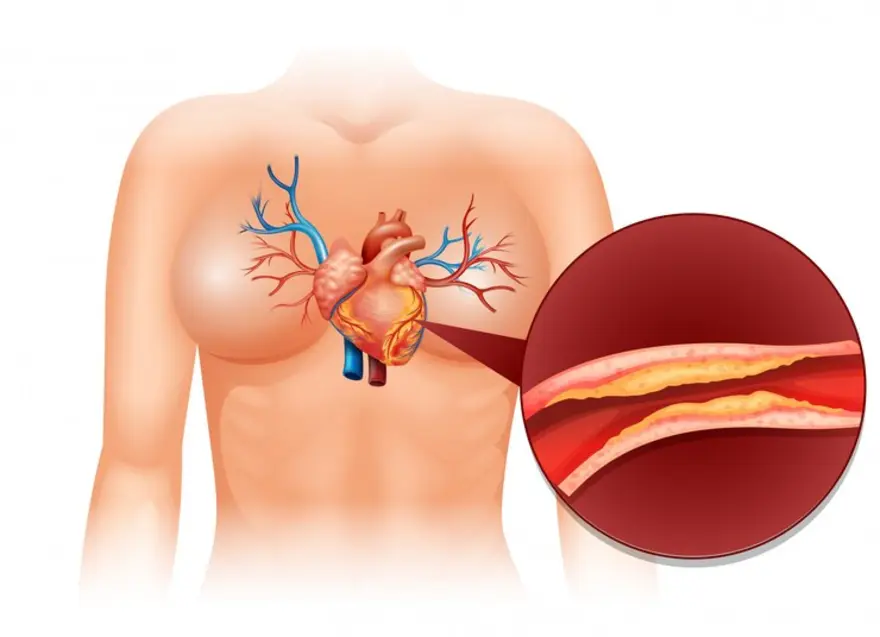






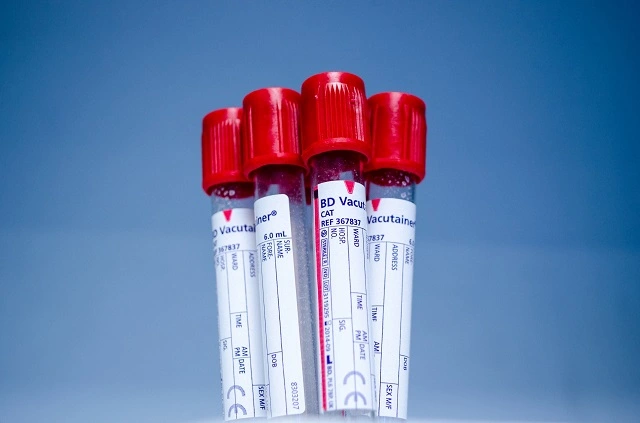






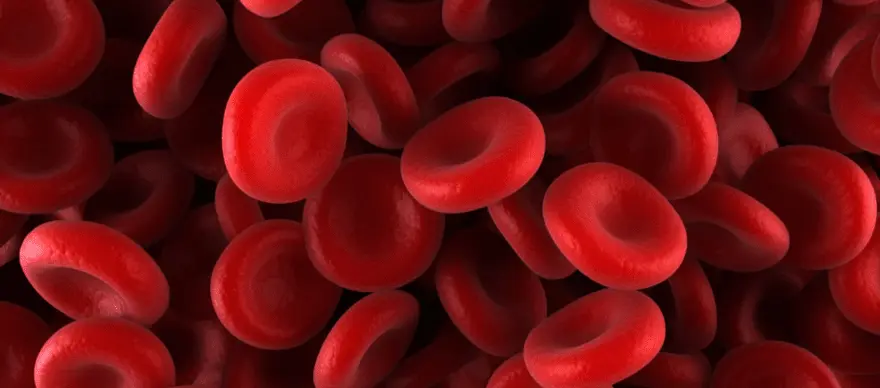



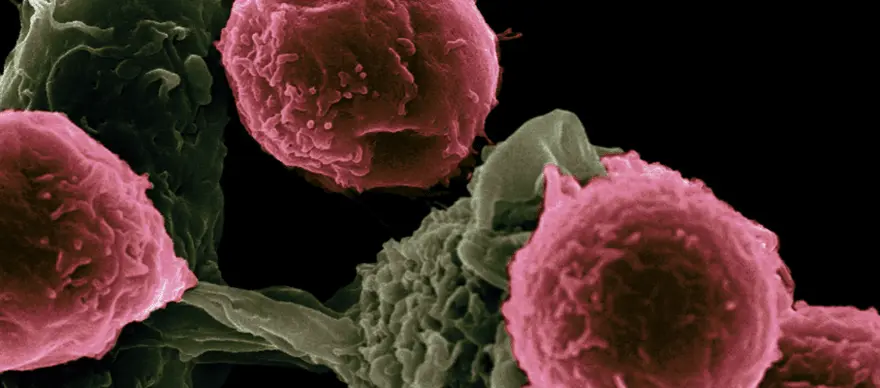

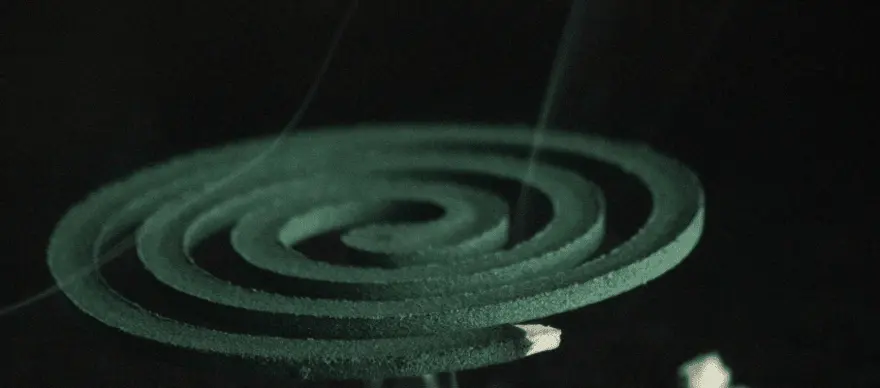

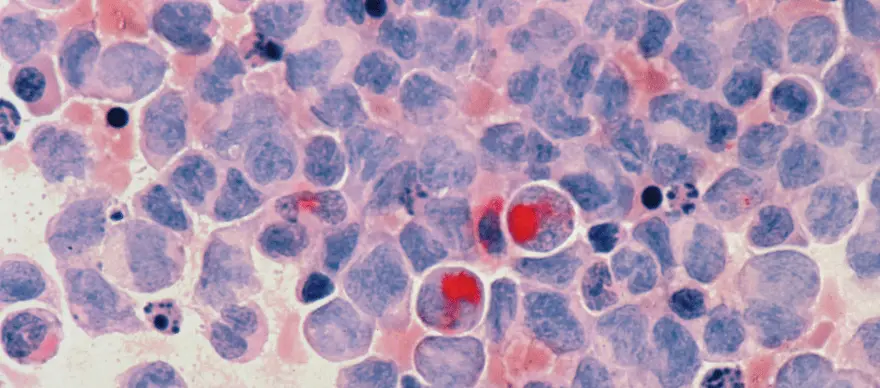



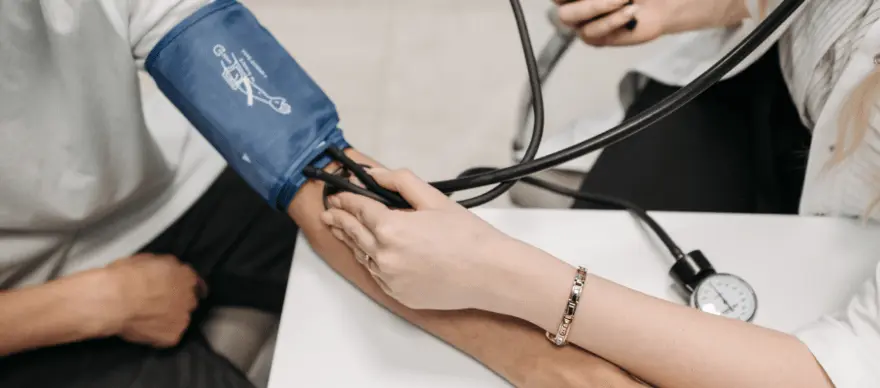

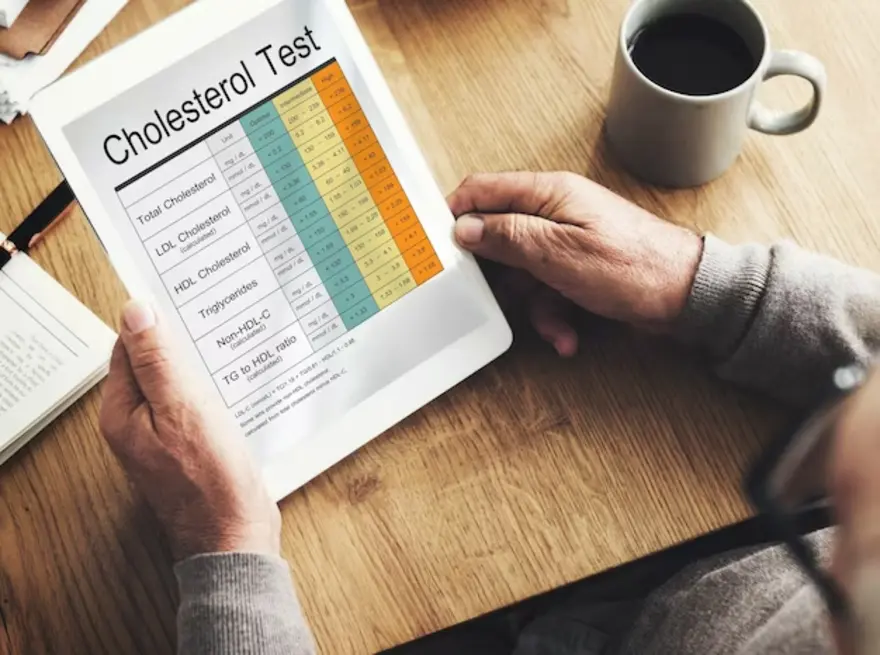




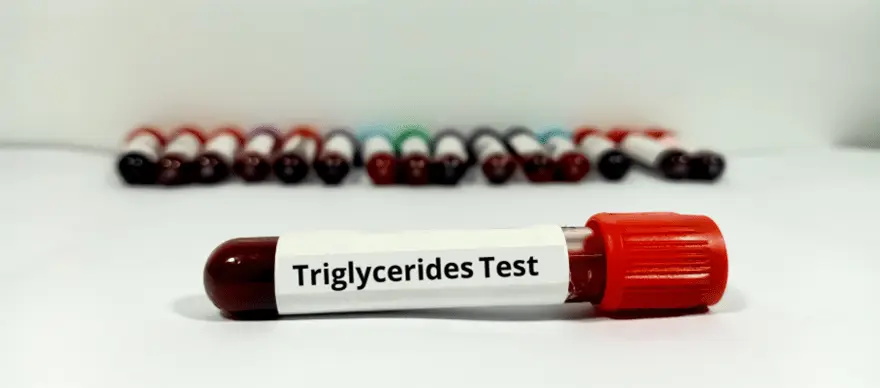
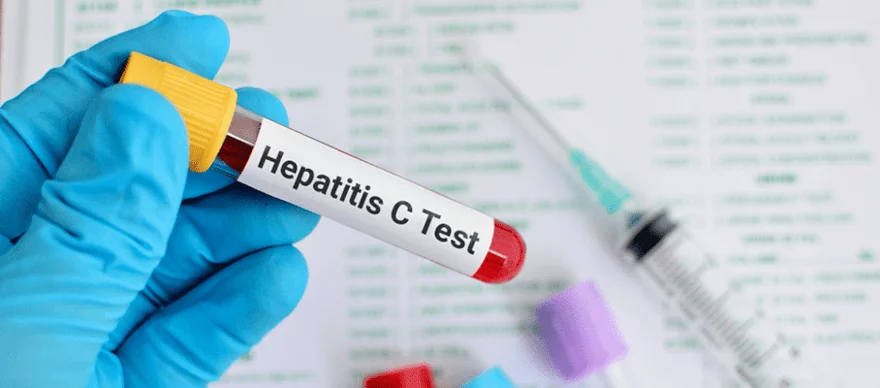
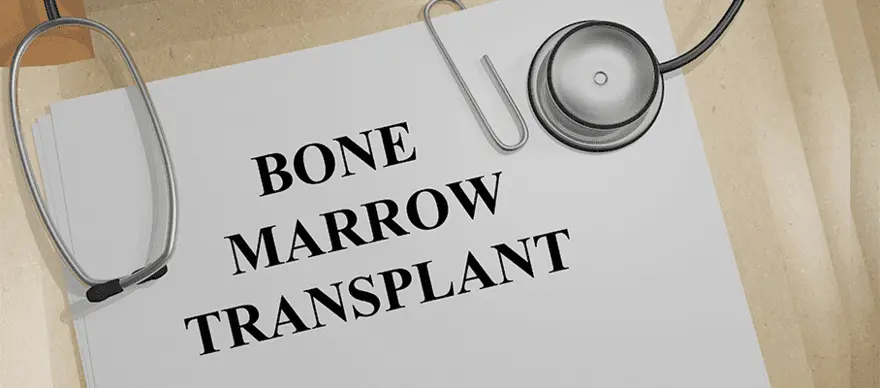



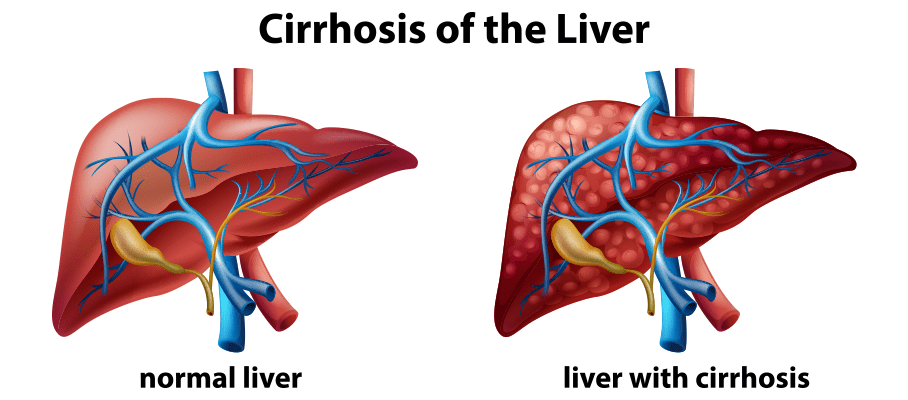



1707898101.webp)

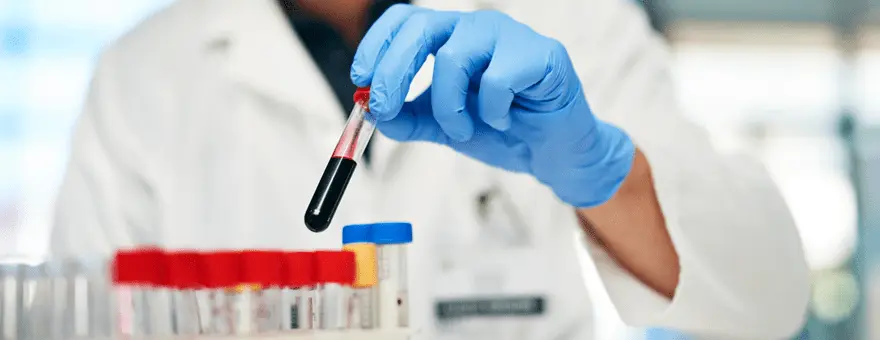
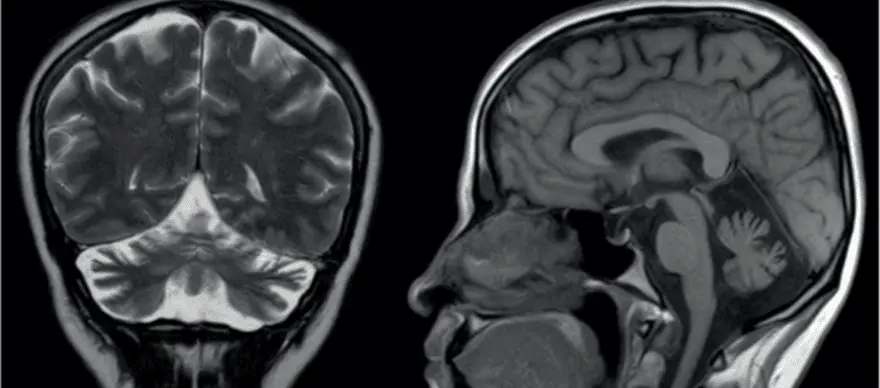



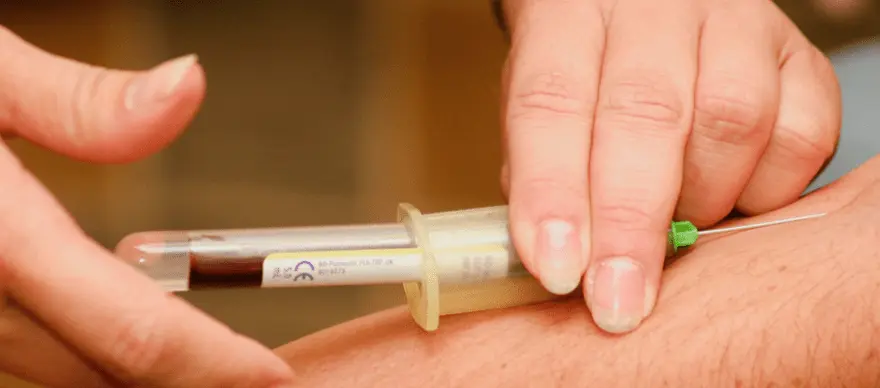



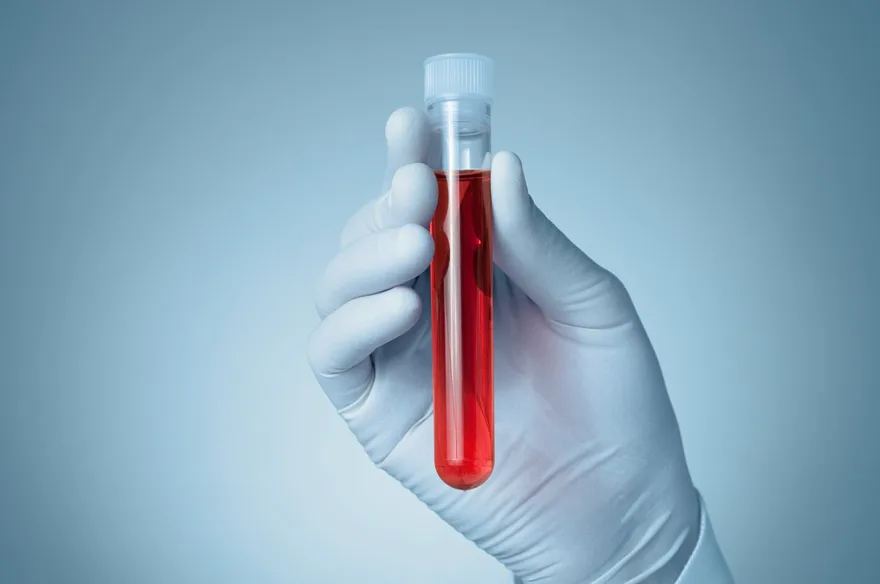
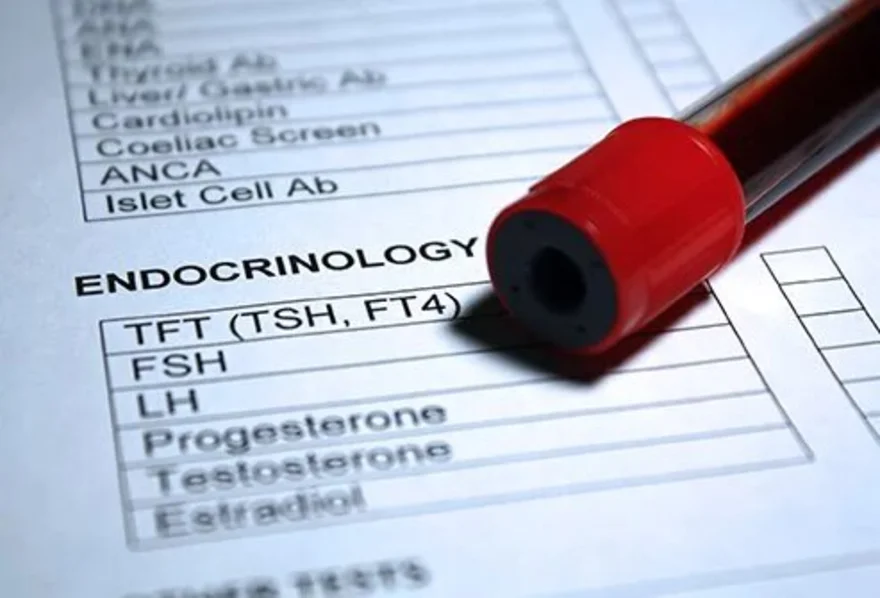

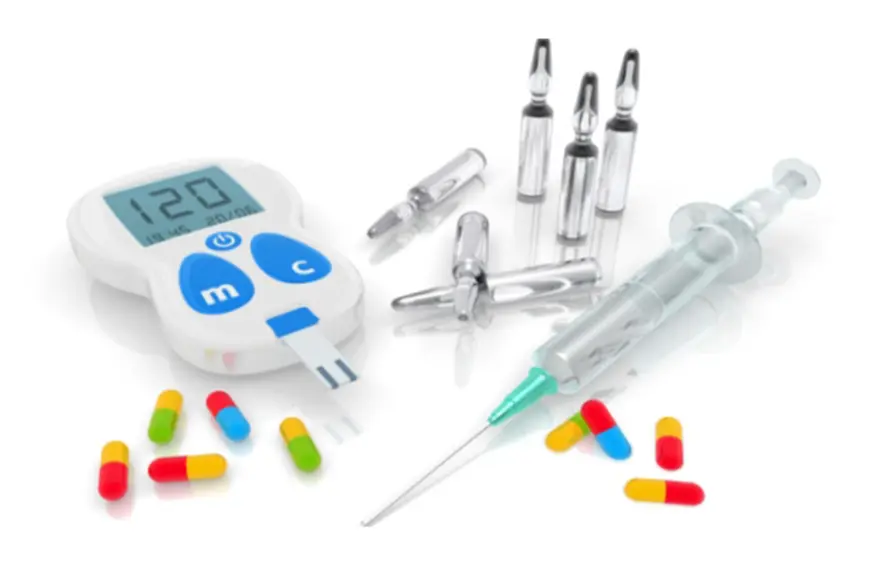

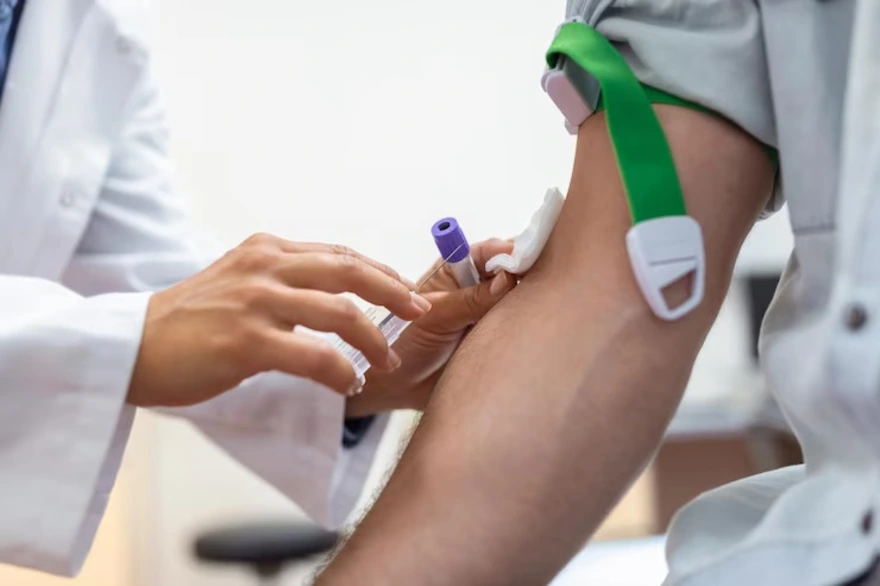

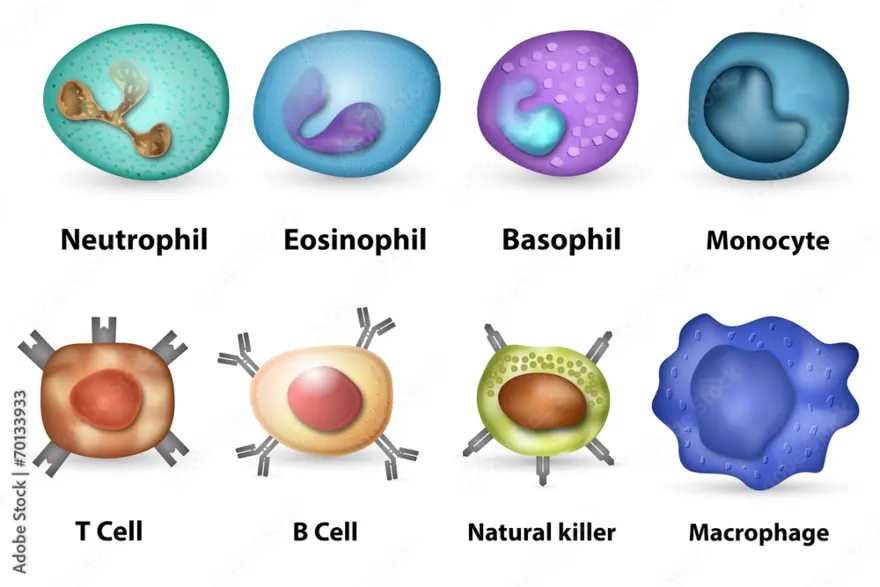
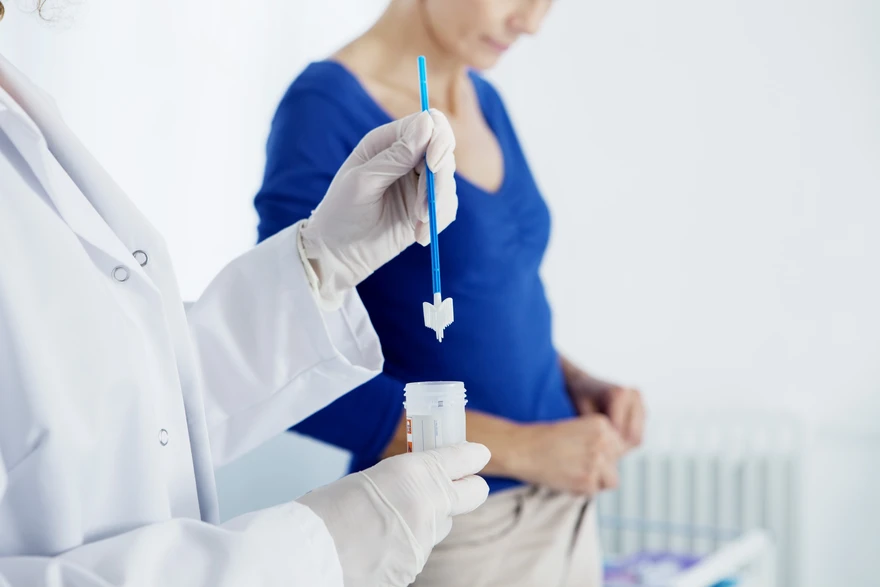

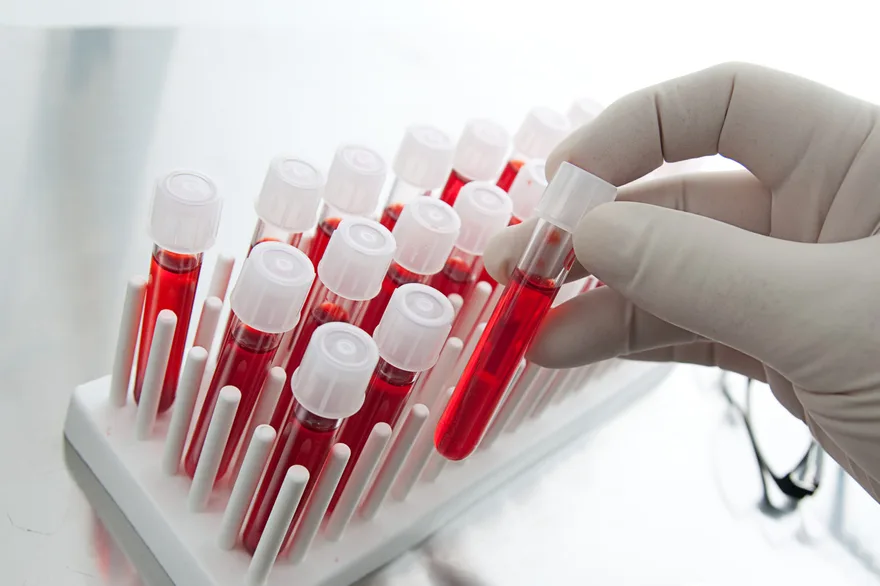
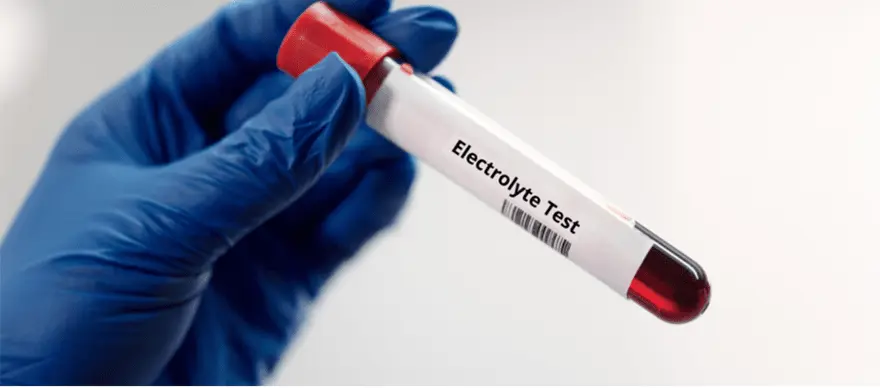


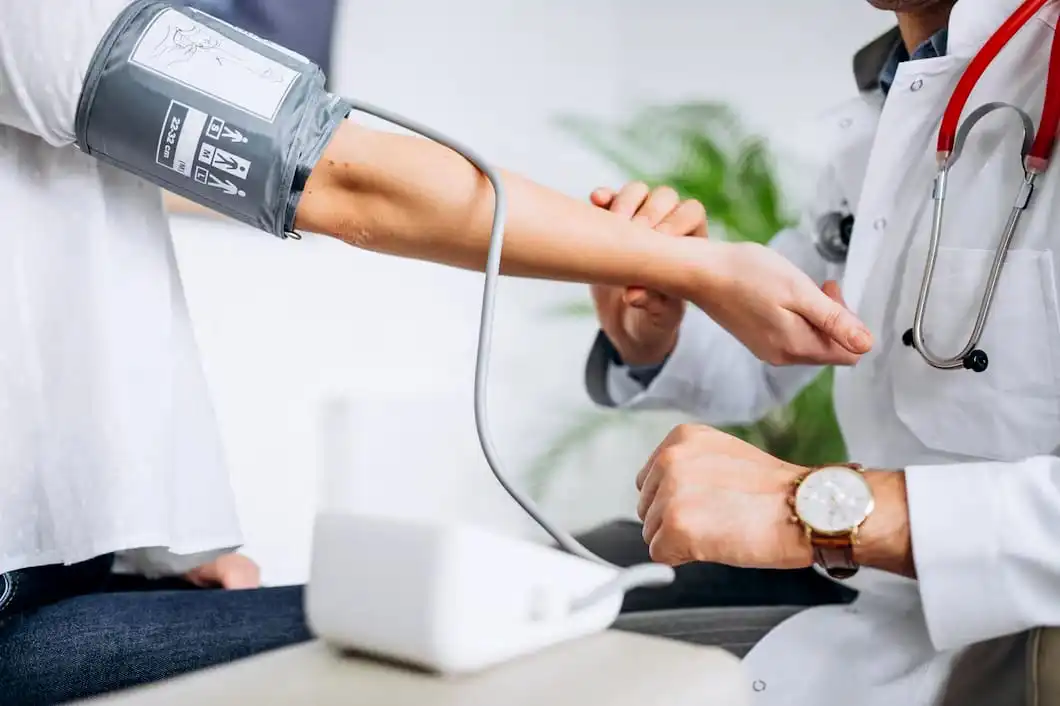




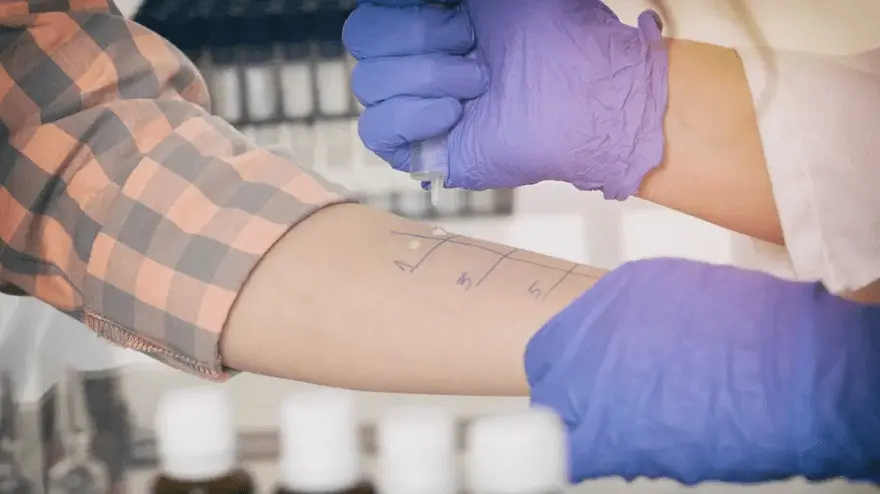



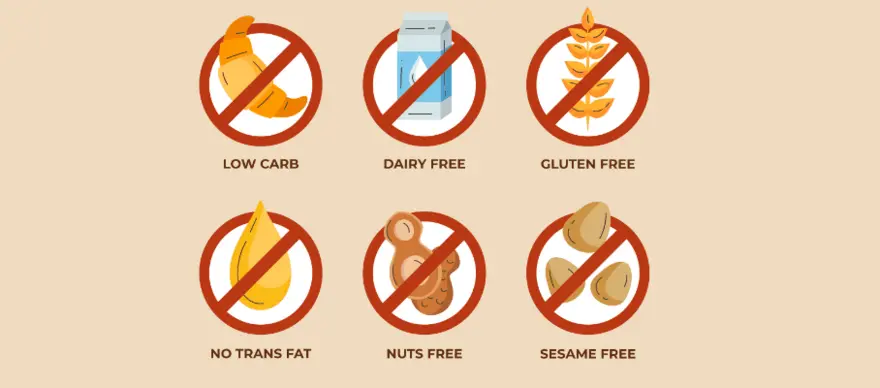
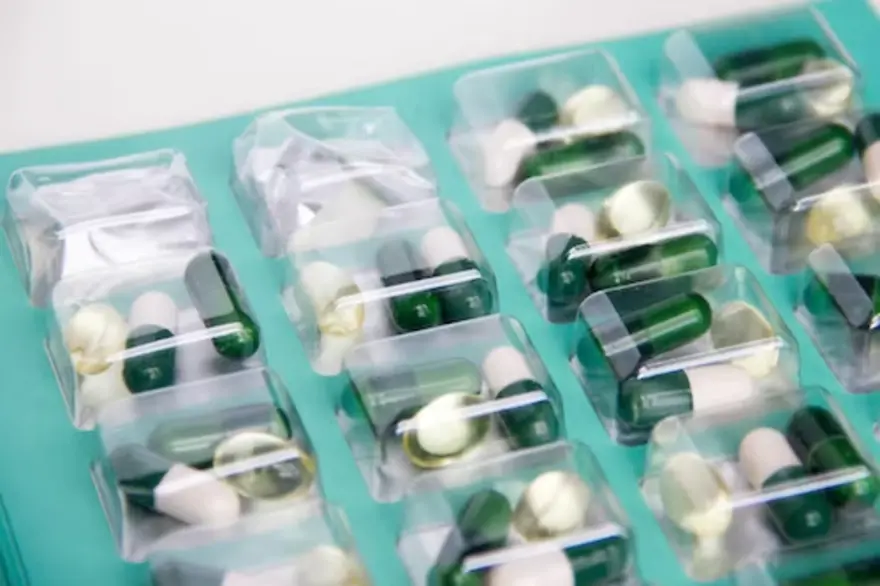






 WhatsApp
WhatsApp